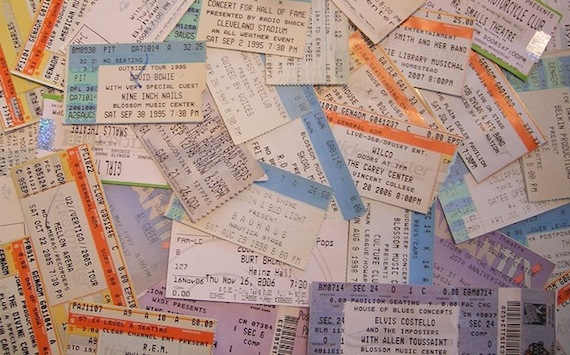
 We’ve all heard stories about concert tickets selling out within minutes of the box office opening. But what actually constitutes a sold-out show?
We’ve all heard stories about concert tickets selling out within minutes of the box office opening. But what actually constitutes a sold-out show?
Ticketing and live events experts agree: Sold out is a marketing term, not a technical one. And it means different things to different marketers.
One rep from a local venue says that he has only seen one show in his nearly 20-year career where no tickets of any kind were available. Thus, it is extremely rare—maybe once every decade or so in large arenas—that when the box office closes, there isn’t one seat available anywhere in the house.
Most fans and members of the industry would agree that a sell-out is when tickets can no longer be purchased by the general public. But, as those in the biz know, this doesn’t mean that the right connections can’t get you in the door. Instead, plenty of tickets are set aside for production holds, artist holds, etc.
However, some artist reps use the term sell-out very loosely, in an effort to fuel media publicity, accrue bragging rights, and sell more tickets. Marketers might spread the word that a concert is sold out when there are no pairs of tickets available, only singles. Or they might deem a show sold out when the only remaining tickets are relatively expensive, perhaps over the $100 mark.
It’s a common practice for tickets to be released to the public the day of the show. After the stage is set up, venue reps can gauge clear sightlines from various points in the audience and then open up for purchase seats that previously had questionable visibility. Even if no one buys those last-minute tickets, the concert is still referred to as a sell-out.

About the Author
Sarah Skates has worked in the music business for more than a decade and is a longtime contributor to MusicRow.View Author Profile


